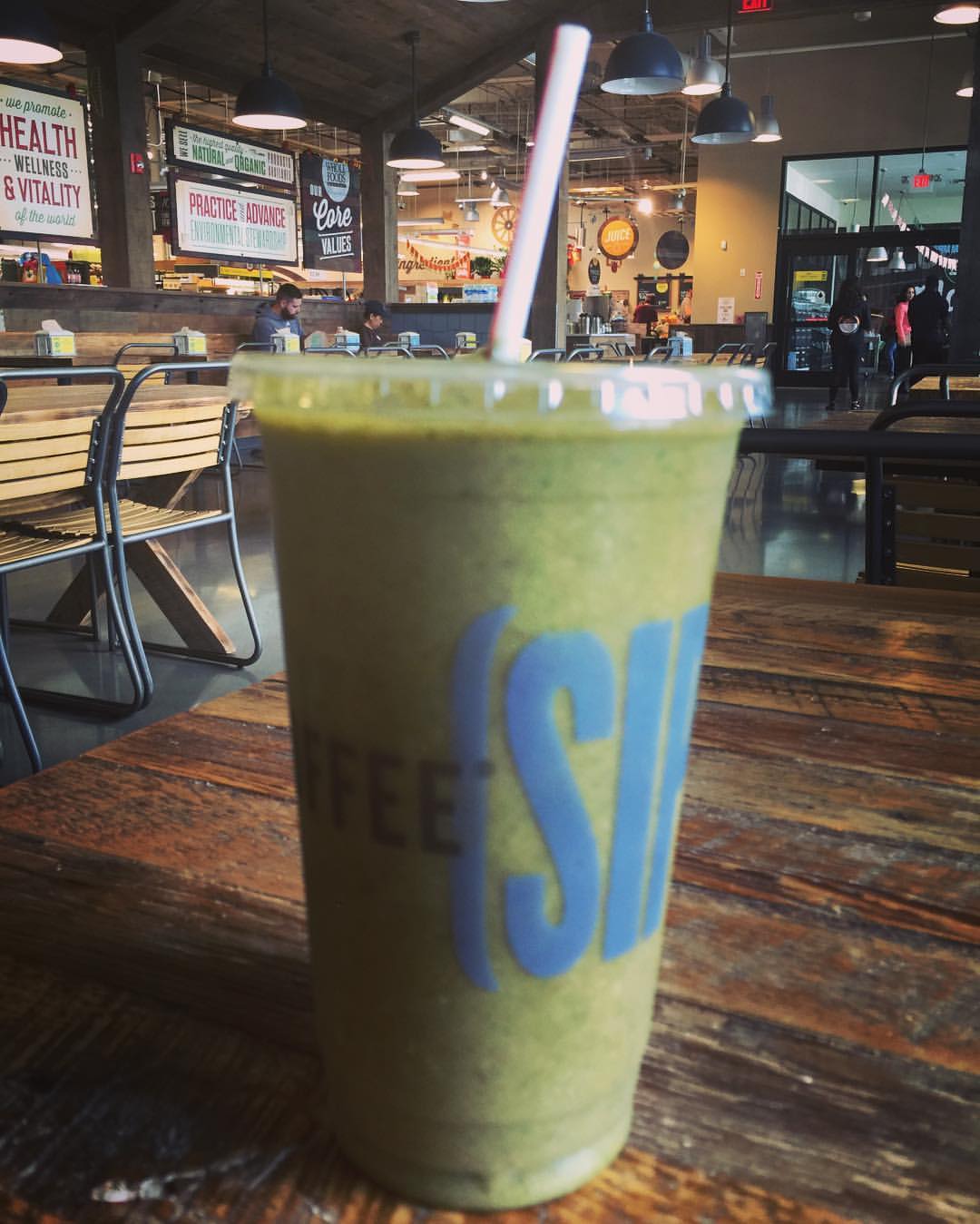10 Things I Want Others to Know About My Illness-Related Eating Habits
I love food. But food doesn’t always love me.
Thanks to Lyme disease, I live with a chronic inflammatory illness that is aggravated by certain foods and drinks. In general I try to eat as clean as I can, by limiting gluten, sugar, processed foods and alcohol – you know, all the fun stuff. My doctor keeps telling me to give up dairy too, which is easy for him to say. “Sorry,” I tell my doctor, “I’ll give you my brie when you pry it from my cold, dead hands.”
For those of us with dietary restrictions or special diets, the holidays provide a gauntlet of temptation and pitfalls. I can say no to dessert or a glass of wine a hundred times in one week without buckling. And yet, sometimes, depending on my mood, my hormones, the phase of the moon, what’s going on in politics or the amount of pressure exerted from others, I end up caving a couple of times, indulging in “forbidden” treats. That’s why every January, when things go back to relative normal, I launch the new year with a cleanse to detox my body, stabilize my blood sugar and manage my cravings.
I love food. But food doesn’t always love me.
I don’t stay away from gluten because it’s trendy to do so. Or because I’m a glutton for punishment. Or because I want attention. I stay away from gluten because my body functions better without it. A lot of people think that because they can eat gluten, everyone can eat gluten. Trust me, nobody willingly gives up New York-style pizza or lobster ravioli or Little Debbie Nutty Bars on a whim or because they want to feel special. I’ve given up gluten and processed foods because it feels better to sleep at night without heartburn waking me up every three hours. It’s also nice to wake up in the morning without a “food hangover” – migraine, dizziness, achy joints and bone-crushing fatigue.
So why should anyone else care about my limitations?
Communal eating is a sacred thing to me. I love sharing meals with people and I love celebrating milestones. But it’s hard to walk this restrictive eating path, often alone. Lately, it’s become easier for me to skip social outings, because often there is nothing for me to eat. I don’t expect everyone to cater to those of us with illness. I am, however, hoping to offer some insight into why I consciously eat the way I do, and why support is so important.
Here’s a few things I want you to know:
1. I am a pain-in-the-ass. Yes, I know this is what you’re thinking. And I apologize.
2. I’m not making a commentary on your diet. And I don’t expect you to eat what I eat.
3. I still love you. When I decline your specialty desserts or appetizers, or your signature dish, it isn’t personal. I am not rejecting you or your love. I simply know that some ingredients will keep me up all night and cause inflammation and pain.
4. I need to exercise tremendous self-control to eat this way. But I’m not a saint or monk. I am still susceptible to temptation. Don’t offer me dessert or say, “one piece of cake won’t kill you.” Respect my choices, in the same way you wouldn’t offer a drink to a recovering alcoholic or tell someone who is trying to quit smoking that “one cigarette won’t harm you.”
5. Sugar and caffeine are especially addictive and difficult to give up. I will slip up from time to time. However, just because I caved and had a slice of pie and a cup of coffee last week, it doesn’t mean all bets are off. I know it can be confusing and you aren’t always sure what my diet entails. The best thing to do is ask me directly. Also, try to remember I am doing the best I can, but eating healthy is a choice I make dozens of times a day. Sometimes I pull it off. And sometimes I don’t.
6. I really need community support. When family and friends respect my choices, they validate me. I feel seen, heard and valued. Emotional support is way more fortifying for me than sharing a plate of fried chicken with french fries or a pitcher of margaritas.
7. Roll your eyes. Go ahead, I get it. My eating quirks often seem arbitrary and just annoying. All I ask is that you try to understand me, rather than judge me. I didn’t ask for these sensitivities, but in some ways they’ve made me much more aware of the importance of clean eating.
8. There is so much pressure. Until you clean up your diet, you don’t realize just how many of our social interactions revolve around eating and drinking. There is a tremendous amount of pressure to eat and drink like everyone else is eating or drinking. In a perfect world, your choices would be separate from my choices. But we are social creatures. We do impact one another. As long as there are boundaries and mutual respect, we can all eat as we like, without drama.
9. Food comes with a lot of emotional baggage. Many of us learned to comfort ourselves with food, especially when we are stressed, lonely or depressed. When you have a chronic inflammatory disease, food becomes medicine. No matter how stressed we get, some of us cannot indulge in sweets or alcohol without paying a very high price. I am learning alternate ways to deal with stress (thank you yoga and meditation), but I’m not always successful in avoiding my own weak spots.
10. “No thank you” means no. There are some people who like to push food or drinks on others. They aren’t likely to take no the first time or even the 50th time you tell them no. If sometimes I seem annoyed when you innocently offer me a home-baked cookie, just know I don’t mean to take out my anger on you. I get offered a lot of stuff that isn’t good for me, and sometimes I get tired of defending myself or giving my reasons. But at the same time, I don’t want to eat something simply out of guilt, or to make someone else feel better, or because of some old habits established in my childhood.
“Hi, my name is Liz, and I am a recovering people pleaser.”
I grew up in a time when children were disciplined if they didn’t finish every last crumb on their plates. As a guest, a child was expected to never insult a host by refusing to eat what was offered. Food is often associated with love, and when we reject a home-cooked meal, it may seem like we are rejecting the person who made it. There are also some people who will badger you to join them in a drink or food indulgence, and even some who will mock you if decline. I try not to let those people get to me, even though it can feel as if they are deliberately trying to derail my diet, or undermine my health. Right now, I have to focus on my healing, and not spend too much time trying to rationalize the behaviors or motivations of others.
I love food. And sometimes food loves me.
Food is medicine. Food can give me sustenance, strength and fortitude. It can fill my nutritional needs without making empty promises it can’t keep. It loves me by being gentle, comforting and healing. It consoles me with its simplicity, its beauty and its thoughtful purpose. It feeds my heart and soul at the same time it nourishes my body. It makes me feel whole, instinctual, natural and vibrantly alive. When I think this way, then my food restrictions are not a punishment, but a conscious, loving choice I willingly undertake. Sometimes food is a love song I sing to myself. It is a prayer that guides me, arms that hold me, wings that help me soar. Food doesn’t always love me, but when it does – it loves me. It really loves me.
We want to hear your story. Become a Mighty contributor here.




